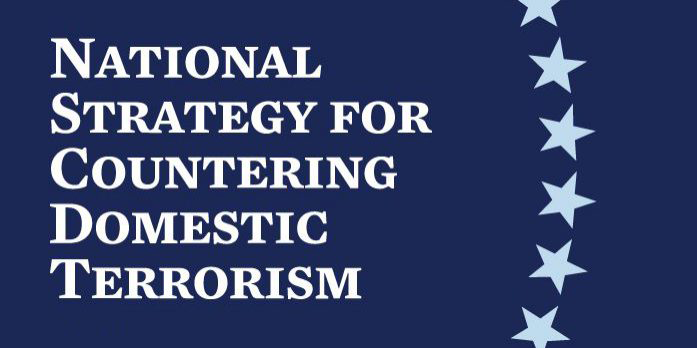Kerby Anderson
The president and vice-president have been delivering speeches that effectively argue that America has significant numbers of domestic enemies. They aren’t talking about Antifa or Muslim radicals. They are talking about American citizens and state legislatures. Two recent speeches illustrate the point.
On the anniversary of January 6, the president and vice-president compared the Capital riot to the attack on Pearl Harbor and the attack on 9/11. This was supposedly the worst attack on our democracy since the Civil War.
Later that month, the president and vice-president flew to Atlanta to rail against election integrity laws, which he described as “voter suppression” and previously labeled as “Jim Crow 2.0.” He asked the crowd, “Do you want to be on the side of Dr. King or George Wallace?”
The typical response to all this rhetorical flourish is that the president and vice-president are merely engaged in hyperbole. They don’t really believe this.
But here is a scary question: What if they do believe it? What if they truly believe their own narrative that the country is engaged in an existential struggle against domestic forces in America? What if they really do believe that they need to marshal the power of the federal government against large portions of the American people who they believe should be labeled domestic terrorists?
My commentary yesterday talked about Attorney General Merrick Garland’s memorandum describing protesting parents as domestic terrorists. And the Biden Justice Department has announced it is forming a new domestic terrorism unit. These actions suggest that they do believe the country is facing a greater threat from domestic enemies than any we have faced in 150 years.
Pundits and politicians need to ask this administration what they believe about domestic terrorism and ask them to define who they feel is a domestic enemy.
 Listen Online
Listen Online Watch Online
Watch Online Find a Station in Your Area
Find a Station in Your Area










 Listen Now
Listen Now Watch Online
Watch Online
